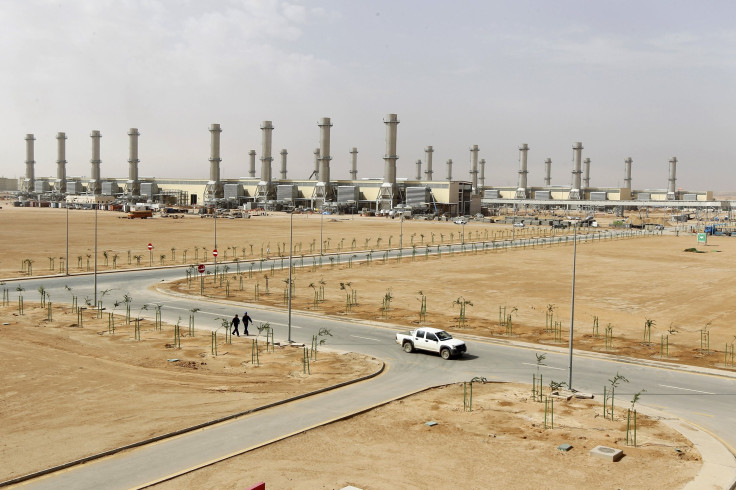Saudi Arabia-Iran Tensions: Oil Rises Amid Diplomatic Fallout Over Shiite Cleric's Execution

The price of oil was rising Monday after diplomatic relations broke down between Saudi Arabia and Iran amid concerns that renewed tensions could result in supply disruptions. The news comes as Bahrain, a close ally of Saudi Arabia, announced the severing of ties with Iran, and protests continued in several Middle Eastern countries.
Crude prices spiked by 3 percent in early trading and then evened out at about $37, CNN Money reported. Both Iran and Saudi Arabia are major oil producers and founding members of OPEC, the world's largest oil organization. Tensions in the Middle East typically push up oil prices as traders worry about possible impact on oil supply.
Oil rises in Asia due to Iran-Saudi Arabia tensions https://t.co/wZovg7nfbj via @WSJ
— wade lambert (@wadeNYC) January 4, 2016Saudi Arabia and Iran have been at odds for decades, but tensions have soared since Saturday, when Saudi Arabia executed 47 prisoners, including a prominent Shiite cleric. Nimr al-Nimr was an opponent of the Saudi royal family — often issuing fiery condemnations of them — and called for their overthrow during protests in 2011. His execution prompted mass protests among Shiites in several countries. Saudi Arabia cut ties with Iran Sunday after its embassy in Tehran came under attack.
The clashes come as Iran hopes to revamp its oil industry ahead of plans for international sanctions to be lifted against it as part of the nuclear deal signed with the U.S. and five other world powers last year. The country plans to double its output to a million barrels per day after sanctions are lifted, according to Reuters.
An escalation between #SaudiArabia & #Iran could threaten 17% of world #oil supplies that travels through #Hormuz pic.twitter.com/p9hhyBG5jT
— Alessandro Sanos (@AlessandroSanos) January 4, 2016Oil prices dropped 35 percent in 2015 and remained down by two-thirds as oil-producing countries continued to pump oil in excess of demand. Saudi Arabia, the world's largest oil producer, has been among the most hard-hit by the drop in oil prices. Last week, the government announced plans to trim spending and diversify the economy to generate revenue from sources other than oil.
The kingdom ran a deficit of nearly $98 billion dollars and was expected to consider abandoning its currency peg against the dollar. That move would make its exports more attractive due to a weaker currency.
© Copyright IBTimes 2024. All rights reserved.






















